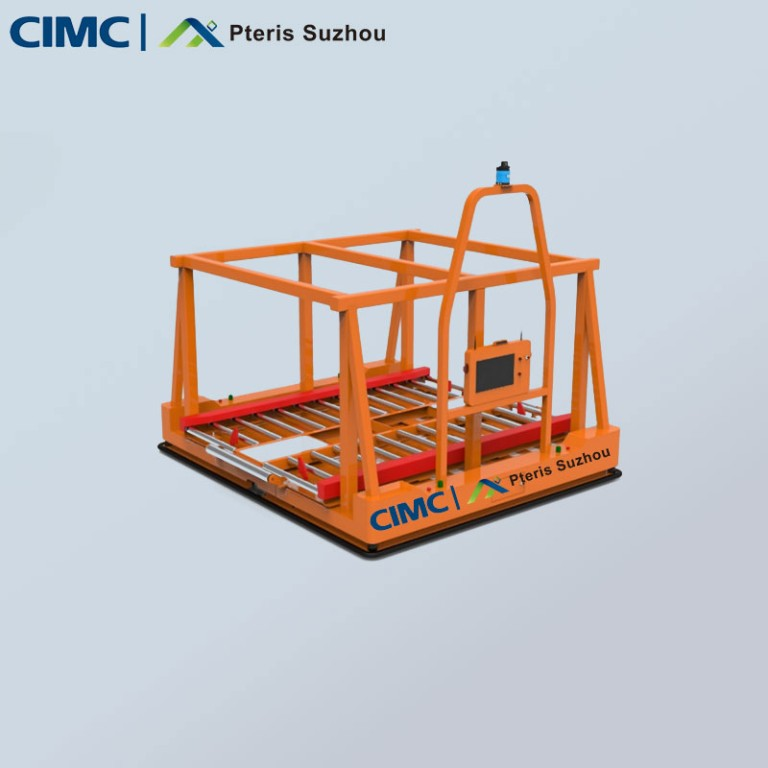The manufacturing industry has been undergoing a significant shift in recent years, with an increasing focus on digital technologies and automation. As we move towards Industry 4.0, the adoption of a digital factory is becoming essential for companies to remain competitive and successful. In this blog post, we will explore why the future of manufacturing lies in digitization and how it can transform businesses across industries. From reducing costs to improving efficiency and quality, there are countless benefits to be gained from embracing this new era of manufacturing technology. So buckle up and get ready as we dive into the exciting world of digital factories!


What is a digital factory?
A digital factory of Pteris Global is a type of industrial automated system that uses computer-controlled machines and information systems to produce goods and services. A digital factory can reduce the time it takes to make a product, improve quality and accuracy, and reduce the cost of production.
A digital factory can be used to produce a variety of products, including electronics, automotive parts, pharmaceuticals, and food products. The benefits of using a digital factory include:
Reduced time to market: A digital factory can speed up the process by which new products are released into the market.
Improved quality: A digital factory can help ensure that products are of high quality by automating many of the processes involved in manufacturing.
Reduced costs: A digital factory can help reduce costs by automating many of the processes involved in manufacturing.
Advantages of a Digital Factory
Digital factories are essential for success in the future of manufacturing. With a digital factory, manufacturers can more easily manage their operations, improve efficiency and quality, and create new products.
Digital factories have many advantages over traditional factories. For example, they can be more efficient because they use computerized machines to make products instead of human labor. They can also create higher-quality products because computers are better at making patterns and designs than humans are.
Digital factories are also easier to operate than traditional factories. They can be designed to run on a large scale, which allows them to produce large quantities of goods quickly. This is especially important in the current economy, where companies need to be able to produce products quickly to stay competitive.
Digital factories are versatile and customizable. This means that they can be used for a variety of different types of manufacturing projects. Manufacturers who use digital factories will be able to keep up with the changing trends in the industry and make sure that their products continue to meet customer needs.
Why a Digital Factory is Essential for Success
A digital factory is essential for success in the future of manufacturing. Here’s why:
1) Speed to Market: A digital factory allows for faster product launches as well as faster time-to-market for new products. This helps companies stay ahead of their competition and increase profits.
2) Reduced Costs: Manufacturing processes can be automated using technology, which reduces costs and increases efficiency. By using automation, companies can also reduce their need for human resources. In addition, a digital factory allows companies to produce custom parts and products quickly and efficiently.
3) Increased Productivity: With increased productivity, companies can achieve increased output while still maintaining quality standards. Automation also enhances worker safety by reducing the need for human error.
4) Enhanced Customer Service: With a digital factory in place, customer service can be enhanced by automating customer contact processes such as order fulfillment and customer support. This decreases response time and improves customer satisfaction levels overall.
